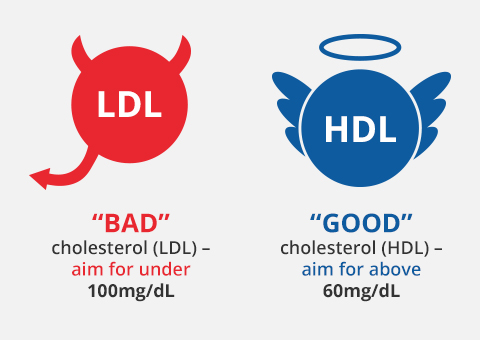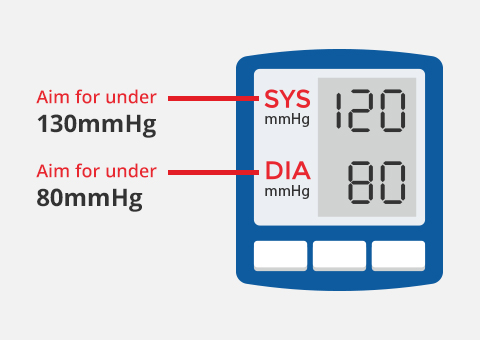#1: Eat right[1]
Experts suggest that you modify, not overhaul, your diet[1]. Try some of these simple modifications every day:
- Go for more vegetables and have fruit in moderation
- Want to eat out? You can still enjoy your chappati, chicken rice and nasi padang by cutting back on some ingredients like red meat (e.g. beef, lamb), coconut milk, palm oil, and other foods high in cholesterol and saturated fats[2].
- When cooking, substitute lard or ghee with oils such as olive or sunflower oil[2].
- Drinks are one way where a lot of sugar can sneak into your diet, so watch what you drink. Read the labels carefully for sugar content[2].
- Think fibre, especially soluble fibre, to achieve a lower LDL level (also known as “bad” cholesterol). For instance, the next time you grab a loaf of bread, go for wholegrain instead of white bread. Getting rice? Go for the bag of brown rice[2].


